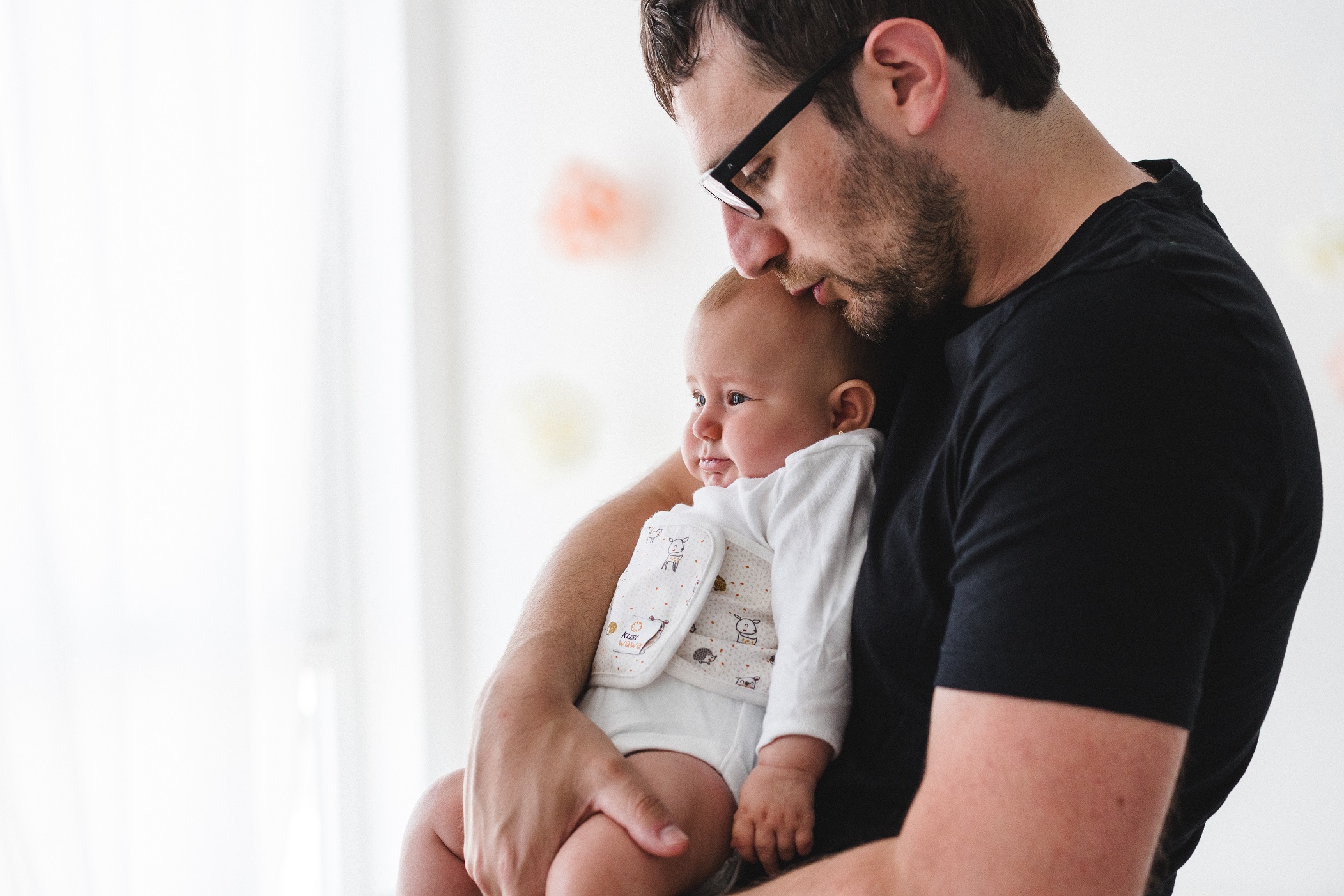The risks of infant colic.
Infant colic is a benign disorder that can affect your newborn. It is known as those babies who cry inconsolably for more than 3 hours a day, more than 3 days a week and more than three weeks.
Normally, around four months they usually disappear.
But, although infant colic is mostly considered a benign disorder, it is true that with colic there are a series of risks that can be harmful to the health of the little ones.
Mainly, the greatest risk is the way in which the adult manages crying.
The crying of a colicky baby is very desperate. His cry of pain directly affects the parents or caregivers of the baby. It is very difficult to calm down and, this circumstance, can sometimes transcend in certain very negative aspects.
On the one hand, there would be the negative effects on the baby. Desperation and inability to calm the baby can cause despair in the caregiver who inadvertently transmits the frustration to the baby. Colicky babies are at higher risk for shaken baby syndrome. It is precisely for this reason that at Kusi Wawa we always say that it is better to leave the baby in a safe space and leave the room before getting completely desperate and shaking your baby.
On the other hand, there would be the negative effects towards the mother. Women who have a colicky baby are more likely to suffer from postpartum depression. The sensitivity of the moment, the delicacy of the situation, the inability to calm your newborn... there are many factors that put the mother at risk during the postpartum period.
It is for this reason that the Kusi Wawa method can help alleviate these risks. Having a routine and knowing what to do at this time can help you stay calm. To feel better and not despair.
If you are interested in this article you will also be interested in:
https://www.kusiwawa.com/gases-bebe-tratamiento-natural

